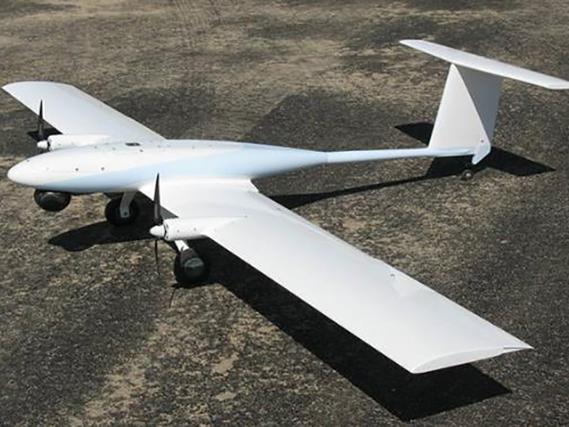Flying a drone has become an incredibly popular hobby and professional skill, offering breathtaking perspectives and powerful capabilities for photography, videography, and even delivery services. If you’re looking to master drone flying, this guide will provide expert tips and techniques to help you start with confidence while maximizing your experience.
Understand Your Drone’s Capabilities
Before you take to the skies, it’s essential to familiarize yourself with your drone’s features and functionalities. Read the instruction manual thoroughly and explore the various flight modes, camera settings, battery lifespan, and speed controls. Some drones have advanced features like obstacle detection and GPS mapping, which can enhance safety and precision during flight.
Key Tip: Use the simulator mode if your drone offers it. Simulators help beginners practice without risking physical damage to the drone.
Prep for Success
Preparation is key before your first flight. Verify that your drone’s batteries are fully charged, and always carry spare batteries during outdoor trips. Check your controller and ensure its firmware is updated to avoid potential glitches. Additionally, inspect the drone’s rotors and camera for any damages and clean them to ensure optimal performance.
- Choose an open, obstacle-free space for practice, such as a park or field away from crowds.
- Always adhere to local regulations regarding drone usage to avoid legal trouble.
- Ensure you’re aware of weather conditions as wind, rain, or fog can pose significant challenges.
Maneuvering Techniques for Beginners
Flying a drone involves mastering basic maneuvers such as lifting off, hovering, and landing. Start by practicing hovering the drone in one spot, then gradually attempt gentle directional movements with the controller. Turning and pivoting are other crucial skills that help improve spatial understanding while flying. Remember, precision control is vital in areas with complex surroundings.

The Importance of Proper Camera Handling
Drones are often used for recording dynamic visuals. If you’re aiming to capture high-quality video footage or stunning images, practice slow and steady movements. Sudden jerks can ruin the quality of recordings. Experiment with manual and automatic camera settings to achieve results that match your creative vision.
Safety Comes First
Safety must be prioritized to ensure an enjoyable flying experience. Avoid flying near airports, highways, or densely populated areas. Respect privacy laws and avoid areas where intrusion might be an issue. If you’re operating a drone with powerful rotors, keep your hands away from these moving parts to prevent injuries.
Quick Reminder: Always have a visual of your drone during operation; relying solely on GPS can increase risks in unknown terrains or settings.
How to Handle Common Challenges
Drone flying is not without its challenges. Beginners may face issues such as loss of control, limited battery life, or difficulties with signal range. To deal with these:
– Practice emergency landings.
– Invest in a portable charging station for extended trips.
– Always have a backup plan in case of signal interference.
Expanding Your Skill Set
Once you’ve mastered the basics, consider exploring advanced techniques like filming cinematic shots, flying indoors, or engaging in racing activities. Advanced features like automated flight patterns and pre-programmed shots can unlock further creative possibilities.
- Can I fly a drone at night?
Yes, but it depends on local regulations. Many regions require drones to have proper lighting to fly after dusk. - What is the maximum range for flying?
Ranges vary by drone; high-end models can operate several kilometers away, while beginner-level drones typically have a limited range. - Do I need a license to fly a drone?
This depends on your country and drone usage purpose. Some locations require registration for commercial use, while others may mandate licenses for recreational use.